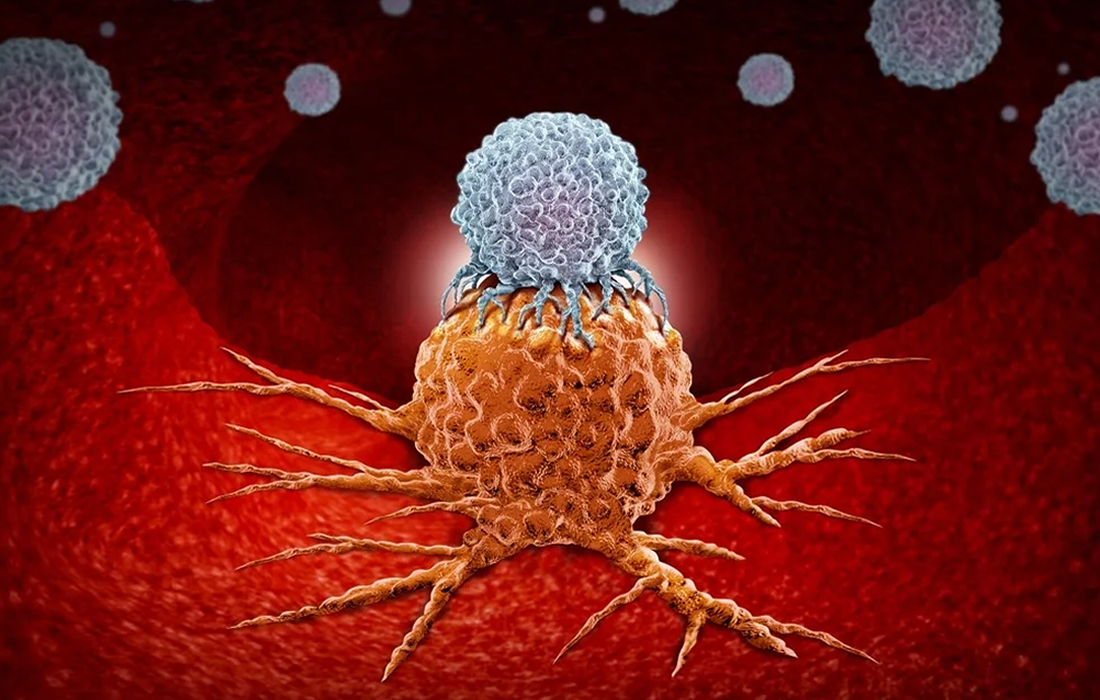Cardiovascular disease (CVD) is the major cause of death worldwide with an increasing trend in developing countries. The general risk factors associated with the diseases are known to be hypertension, smoking, and hyperlipidemia. Worldwide, high cholesterol levels cause some 56% of ischemic heart disease and 18% of strokes, amounting to 4.4 million deaths annually. Ig […]
Author Archives: Francisco Fernandez, MD
Vitamin A deficiency affects 190 million preschool-aged children and 19 million pregnant women worldwide. It is the underlying cause of 650,000 early childhood deaths and has become recognized as an important problem among women of reproductive age in many developing countries. Chronic vitamin A deficiency may increase the risks of complications and death during pregnancy […]
Pulmonary fibrosis (PF) is a chronic, life-threatening disease with a gradual worsening of pulmonary function and shortness of breath, and the median survival time of patients with idiopathic pulmonary fibrosis (IPF) was estimated to be 2.5–3.5 years. Pulmonary fibrosis is a lung disease that occurs when lung tissue becomes damaged and scarred. This thickened, stiff tissue […]
Achondroplasia (ACH) is the most common genetic form of short-limb dwarfism. Is an autosomal dominant monogenic disorder (MGD) caused by a gain-of-function point mutation in the transmembrane region of fibroblast growth factor receptor 3 (FGFR3). Currently there are two mutation sites reported, Gly380Arg and Gly375Cys, and the former occupies a vast majority of ACH patients. […]
Crohn’s disease (CD) is a type of inflammatory bowel disease (IBD). It causes inflammation of the digestive tract, which can lead to abdominal pain, severe diarrhea, fatigue, weight loss and malnutrition. Inflammation caused by Crohn’s disease can involve different areas of the digestive tract in different people. This inflammation often spreads into the deeper layers […]
A new study shows that people who eat a diet that includes at least half a serving per day of foods high in flavonoids like strawberries, oranges, peppers and apples may have a 20% lower risk of cognitive decline. The research was published in the journal Neurology, the medical journal of the American Academy of […]
Children of all ages can become ill with coronavirus disease 2019 (COVID-19). But most kids who are infected typically don’t become as sick as adults and some might not show any symptoms at all. According to the American Academy of Pediatrics and the Children’s Hospital Association, in the U.S. children represent about 13% of all […]
Immune system T cells have been reprogrammed by a group of researchers from the Georgetown Lombardi Comprehensive Cancer Center into regenerative stem cell-like memory cells (TSCM) that are long-lived, highly active “super immune cells” with strong antitumor activity. Cancer immunotherapy, also known as immuno-oncology, is a form of cancer treatment that uses the power of […]
Most developing and adult tissues are hierarchically organized such that tissue growth and maintenance are driven by the production of lineage-committed cells from populations of tissue-resident stem and progenitor cells. Stem cells in adult tissues are typically found in a quiescent or reversible G0 state and must re-enter the cell cycle and divide to promote […]
Microbes that live in our gut don’t just digest food. They also have far-reaching effects on the immune system. A new study shows that a particular gut microbe can prevent severe flu infections in mice, likely by breaking down naturally occurring compounds, called flavonoids, commonly found in foods such as black tea, red wine, blueberries […]










